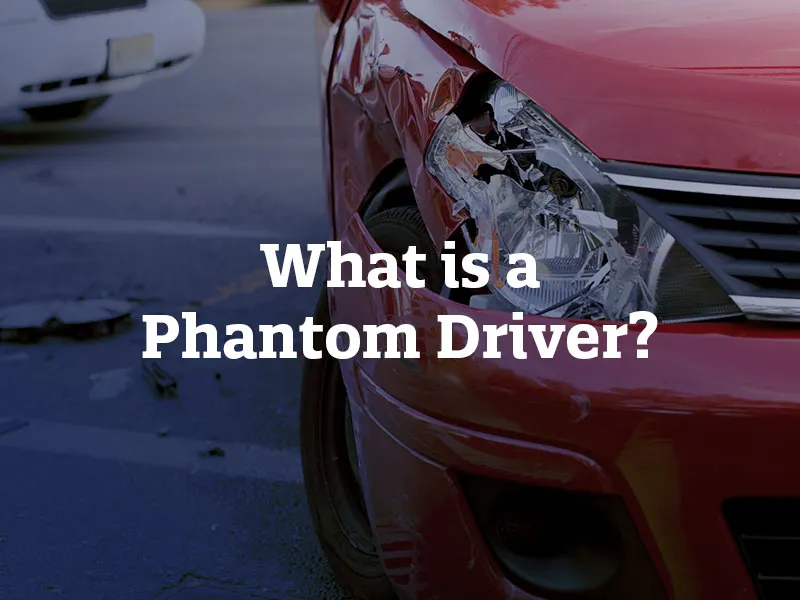What is a ‘Phantom driver?’
A phantom driver is someone who caused your car accident without actually touching your vehicle. Like a phantom, the driver causes your wreck and then disappears, leaving behind no contact information or evidence linking the driver to the scene. Yet you know your accident would not have happened were it not for the other negligent or reckless driver. Getting a Fairfax insurance company to pay your damages can be difficult in a phantom driver accident.
If you’ve recently been in an accident involving a phantom driver and are seeking legal guidance, contact our office today to schedule a free consultation. We can help you.
The Effects of Phantom Drivers on Insurance Claims
Phantom drivers can hurt your chances of receiving compensation for your injuries. Rather than staying behind and fulfilling their duties as drivers, they flee the scene of the no-contact crash like a hit-and-run driver. The difference is that in a hit-and-run, the police may be able to use evidence such as the color of the other vehicle’s paint on your damaged car or a vehicle with similar damages in the same neighborhood to identify the driver. It can be more difficult to find a phantom driver since the two vehicles never touched.
The foundation of a personal injury insurance claim in Virginia is fault. Your Fairfax car accident lawyer must prove the fault of the other driver to qualify for financial compensation. If the other driver drifted into your lane and you swerved to avoid hitting the car, for example, causing a crash, the other driver could be at fault for the accident. Proving this fault to an insurance provider can be hard, however, without the at-fault driver remaining to take responsibility. Providing as many details as possible to the police from the scene of the wreck can help track down the at-fault driver.
After an accident involving a phantom driver, call 911 to report your damages. Report anything you can about the collision, such as the color, make or model of the vehicle that caused your no-contact crash. If you have details such as the license plate number, give them as well. Interviewing eyewitnesses could also help the police identify a phantom driver. The police can follow any leads to try to find the person that caused your crash. In the meantime, you may be able to file a first-party insurance claim.
How Insurance Companies Handle Phantom Drivers and No-Contact Accidents
A first-party insurance claim is a claim with your insurance provider rather than the at-fault driver’s. A first-party claim may work if you have uninsured or underinsured motorist insurance on your policy. Call your insurer and ask if you have this type of coverage. If so, your insurance provider should cover damages such as medical bills and property repairs, even though you were not at fault for the accident. This type of insurance will cover your damages as if the phantom driver stayed to take responsibility for the crash, but did not have insurance.
If you do not have uninsured/underinsured motorist coverage, your insurer may deny the claim. Your main outlet for recovery will then be the police catching the phantom driver. A third party in your collision could also bear a percentage of fault. If the phantom driver had to enter your lane to avoid a major pothole in the road, for example, the entity in charge of roadway maintenance could be liable for your damages. An investigation of the factors involved in your wreck could point to other parties that may owe you compensation.
When to Call a Fairfax Lawyer
Phantom driver accidents can be extremely difficult to recover from alone. Your insurance company may deny your claim and the police may be unable to identify the driver that caused your no-contact crash. Working with an experienced Fairfax car accident lawyer near you is the best way to increase your odds of securing compensation from an insurance settlement or personal injury trial. A law firm can further investigate your crash to try to uncover the truth behind who or what caused the accident. Then, your lawyer can pursue damages from the correct defendant(s) on your behalf.


